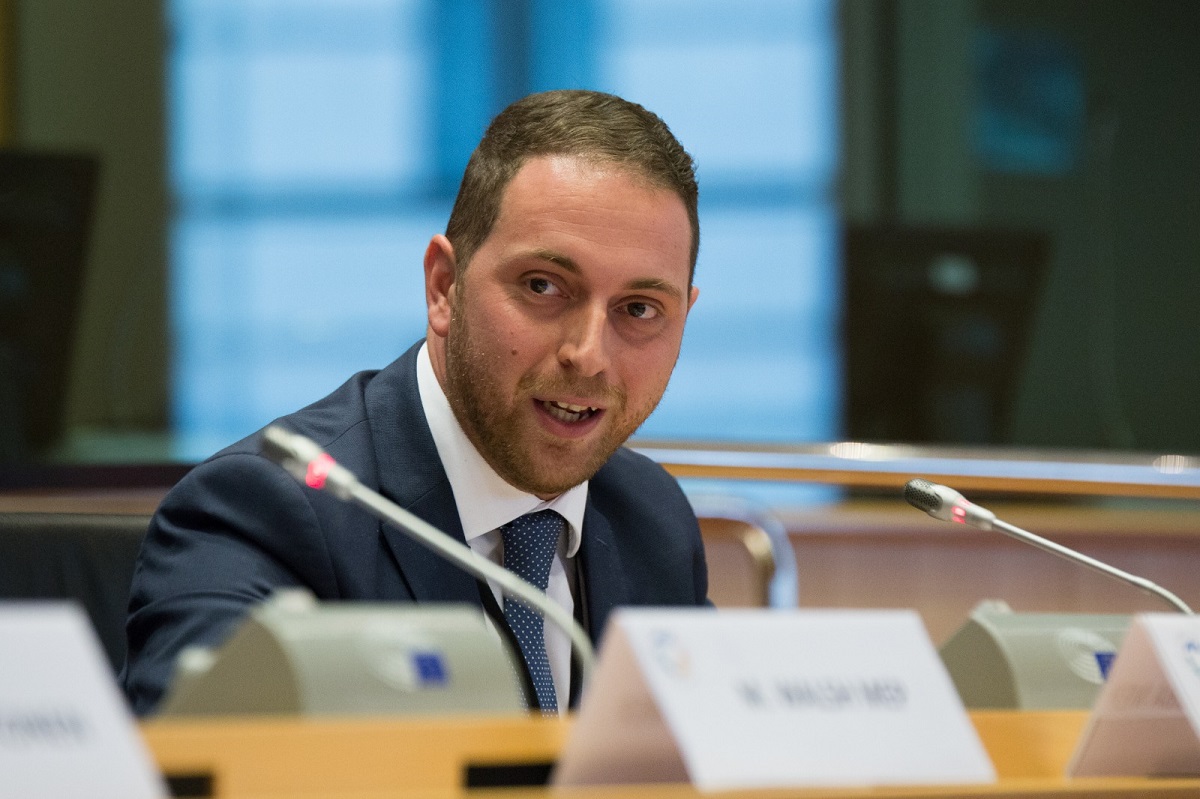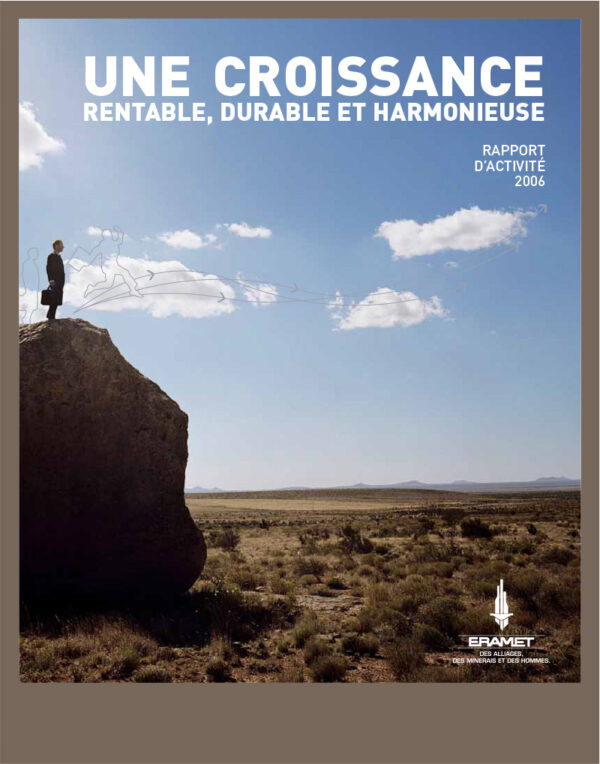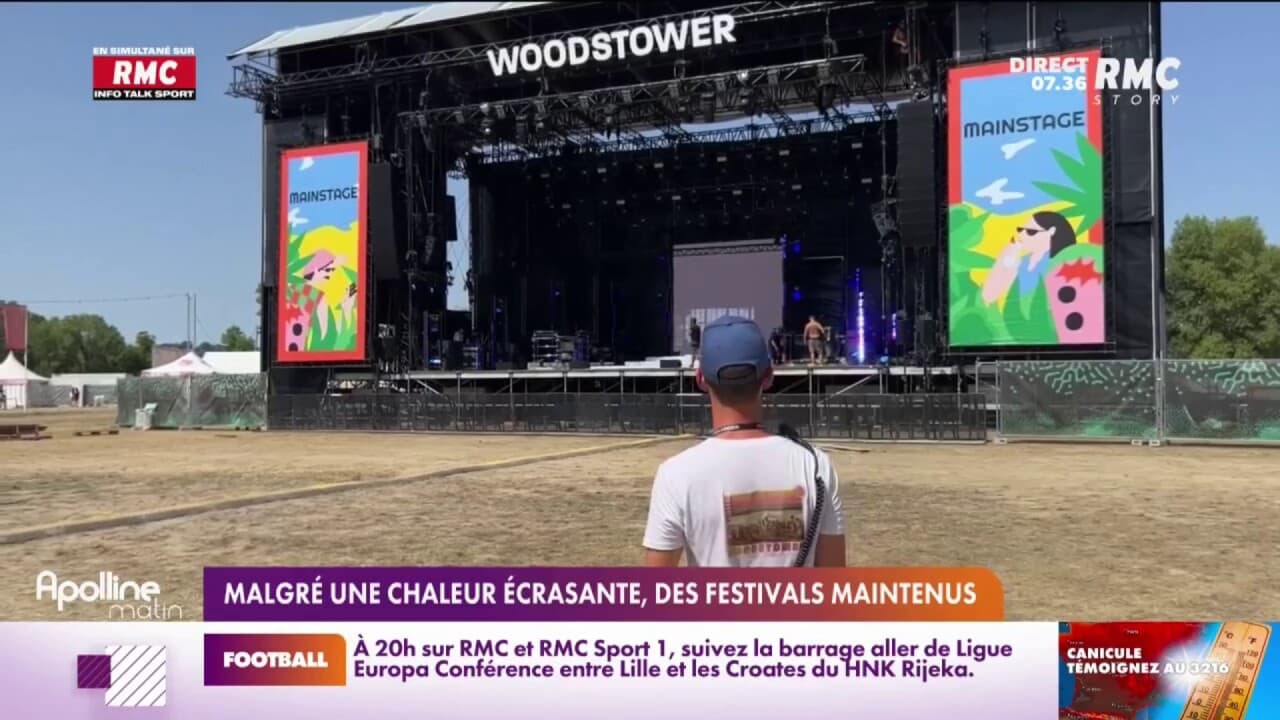MEP Alex Agius Saliba Leads Calls For Israel's Eurovision Ban

Table of Contents
Alex Agius Saliba's Stance and Rationale
Alex Agius Saliba, a prominent Member of the European Parliament known for their vocal advocacy for Palestinian rights, has spearheaded the campaign for an Israel's Eurovision ban. Their political background, rooted in a commitment to social justice and human rights, informs their strong stance on this issue. Agius Saliba's central argument hinges on Israel's alleged human rights violations against Palestinians.
Agius Saliba's key reasons for the proposed ban include:
- Human rights violations in Palestine: The MEP highlights ongoing human rights abuses, including the occupation of Palestinian territories, the blockade of Gaza, and the treatment of Palestinian civilians. These actions, Agius Saliba argues, are incompatible with the spirit of the Eurovision Song Contest, which is meant to be a celebration of unity and peace.
- Allegations of Israeli apartheid: The call for a ban is fueled by accusations of systemic discrimination and oppression against Palestinians, which some characterize as apartheid. This claim adds a layer of ethical concern to the debate, questioning whether a country facing such allegations should participate in an event that promotes international cooperation.
- Violation of international law: Agius Saliba contends that Israel's actions violate international law and norms, and that allowing its participation in Eurovision tacitly endorses these actions. The call for a ban is presented as a way to hold Israel accountable.
- Use of Eurovision as a form of soft power: Critics argue that Israel utilizes its participation in Eurovision as a means of projecting a positive image internationally, thereby deflecting attention from its human rights record. The ban, in this view, aims to disrupt this strategy.
International Reaction to the Call for an Israel Eurovision Ban
The call for an Israel's Eurovision ban has sparked diverse reactions across the international community. While some MEPs and political figures have voiced their support, others have strongly criticized the proposal.
The responses can be summarized as follows:
- Support from pro-Palestinian groups: Many pro-Palestinian organizations have lauded Agius Saliba's initiative, viewing it as a necessary step to pressure Israel to improve its human rights record. These groups see the ban as a powerful form of symbolic protest.
- Criticism from pro-Israel groups: Pro-Israel organizations have condemned the call, denouncing it as anti-Semitic and politically motivated. They argue that politicizing Eurovision undermines the event's intended purpose and sets a dangerous precedent.
- Neutral stances and calls for dialogue: Some actors have called for a more nuanced approach, suggesting dialogue and diplomacy as preferable means to address the underlying concerns. These voices emphasize the importance of de-escalation and preserving the spirit of the contest.
- Potential diplomatic repercussions: The debate has the potential to strain diplomatic relations between Israel and the European Union, adding another layer of complexity to the already delicate geopolitical situation in the region. The EBU itself has not yet made an official statement regarding the ban call.
The Political Implications of Banning Israel from Eurovision
The call to ban Israel from Eurovision carries significant political implications:
- Boycott, Divestment, Sanctions (BDS) movement: The debate intersects with the broader BDS movement, which aims to pressure Israel through boycotts and sanctions to end its occupation of Palestinian territories and improve human rights conditions. The ban proposal could be interpreted as an act of solidarity with BDS.
- Freedom of expression vs. political statements: A central question is whether banning a country based on its political actions infringes on the freedom of expression of its artists and citizens. The debate highlights the tension between artistic participation and political protest.
- Potential for further boycotts of other events: A successful ban could set a precedent for future boycotts of international events, leading to a further politicization of sporting and cultural events.
- Damage to Eurovision’s reputation for neutrality: Banning a participating country based on its political actions could damage Eurovision’s reputation as a neutral platform for artistic expression, potentially leading to mistrust and boycotts by other nations.
Alternative Solutions and Perspectives
While the call for an Israel's Eurovision ban is gaining traction, alternative approaches exist to address concerns surrounding Israel's human rights record:
- Focusing on human rights advocacy outside the Eurovision context: Advocates suggest concentrating efforts on targeted human rights campaigns and diplomatic pressure, rather than using Eurovision as a battleground. This approach might be more effective in achieving tangible change.
- Promoting dialogue and understanding between conflicting parties: Facilitating dialogue and mutual understanding between Israelis and Palestinians could contribute to a more peaceful resolution of the conflict and diminish the need for boycotts.
- Using Eurovision as a platform for promoting peace and tolerance: Instead of a ban, the contest could be used to promote messages of peace and reconciliation, fostering dialogue and understanding between different communities.
- Addressing the issue through formal diplomatic channels: Formal diplomatic channels and international bodies offer avenues to address human rights concerns and hold states accountable for their actions without disrupting cultural events.
Conclusion
The debate surrounding Israel's Eurovision ban, spearheaded by MEP Alex Agius Saliba, has raised complex and critical questions about human rights, international relations, and the role of cultural events in the political landscape. While the call for a ban reflects deep concerns about Israel's human rights record and its alleged use of Eurovision for soft power, alternatives exist that focus on constructive engagement and diplomacy. The potential consequences of such a ban, both for Eurovision and international relations, are significant.
What are your thoughts on the call for Israel's Eurovision ban? Share your opinion on this crucial debate surrounding Israel's Eurovision participation and the complex issues it raises. Join the conversation and let your voice be heard on the future of Israel's Eurovision participation.

Featured Posts
-
 Scotty Mc Creerys Sons Impressive George Strait Cover
May 14, 2025
Scotty Mc Creerys Sons Impressive George Strait Cover
May 14, 2025 -
 Bahnreise Von Oschatz In Die Saechsische Schweiz Aktuelle Verbindungen
May 14, 2025
Bahnreise Von Oschatz In Die Saechsische Schweiz Aktuelle Verbindungen
May 14, 2025 -
 Snow White Digital Release When To Stream The 2025 Movie On Disney
May 14, 2025
Snow White Digital Release When To Stream The 2025 Movie On Disney
May 14, 2025 -
 Hilariously Abysmal Disneys Snow White Lands Among Im Dbs Lowest Rated Films
May 14, 2025
Hilariously Abysmal Disneys Snow White Lands Among Im Dbs Lowest Rated Films
May 14, 2025 -
 Assessing Manchester Uniteds Transfer Market Positioning
May 14, 2025
Assessing Manchester Uniteds Transfer Market Positioning
May 14, 2025
Latest Posts
-
 Resultats Mitiges Du T1 Pour Eramet Objectifs 2025 Confirmes
May 14, 2025
Resultats Mitiges Du T1 Pour Eramet Objectifs 2025 Confirmes
May 14, 2025 -
 Eramet Objectifs De Production 2025 Maintenus Malgre Les Difficultes Du T1
May 14, 2025
Eramet Objectifs De Production 2025 Maintenus Malgre Les Difficultes Du T1
May 14, 2025 -
 The Era Low Advantage Decarbonization Solutions From Eramet For The Steel Industry
May 14, 2025
The Era Low Advantage Decarbonization Solutions From Eramet For The Steel Industry
May 14, 2025 -
 Lowering Steels Carbon Footprint Introducing Eramets Era Low
May 14, 2025
Lowering Steels Carbon Footprint Introducing Eramets Era Low
May 14, 2025 -
 Steel Industry Decarbonization The Impact Of Eramets Era Low
May 14, 2025
Steel Industry Decarbonization The Impact Of Eramets Era Low
May 14, 2025
